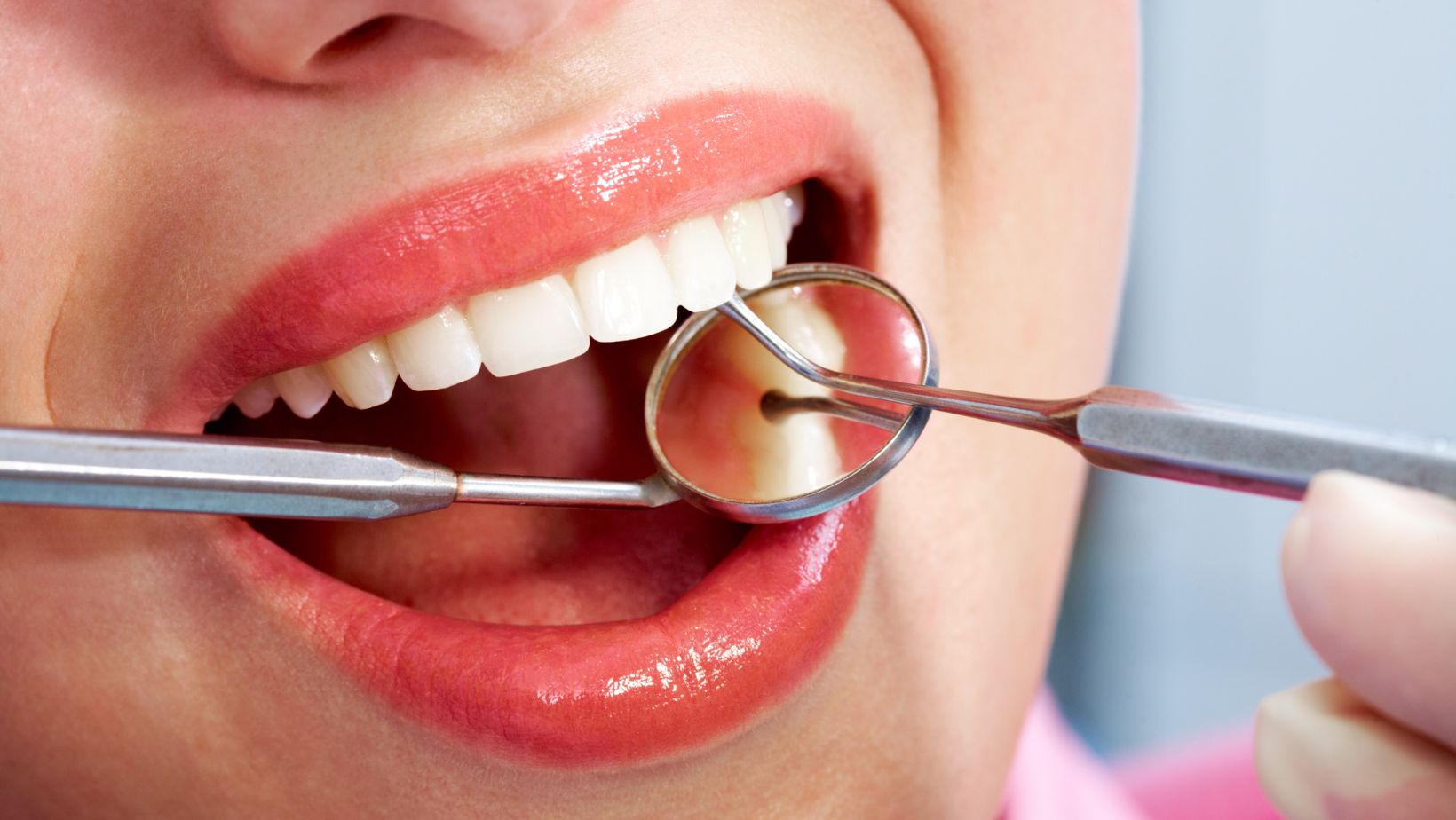 Your oral health is far more than just a reflection of how well you brush and floss—it plays a crucial role in your overall well-being. The mouth is often referred to as the gateway to the body, and neglecting it can lead to significant health consequences beyond cavities and gum disease. Emerging research has reinforced the intricate relationship between oral health and systemic health, demonstrating how poor dental hygiene can contribute to a wide range of conditions, from heart disease to diabetes and even mental health concerns. Understanding this connection can empower individuals to take preventive steps and protect both their oral and overall health.
Your oral health is far more than just a reflection of how well you brush and floss—it plays a crucial role in your overall well-being. The mouth is often referred to as the gateway to the body, and neglecting it can lead to significant health consequences beyond cavities and gum disease. Emerging research has reinforced the intricate relationship between oral health and systemic health, demonstrating how poor dental hygiene can contribute to a wide range of conditions, from heart disease to diabetes and even mental health concerns. Understanding this connection can empower individuals to take preventive steps and protect both their oral and overall health.
The Link Between Oral Health and the Immune System
A healthy mouth supports a strong immune system, while poor dental hygiene can weaken it. The oral cavity is home to a diverse range of bacteria—some beneficial and others harmful. When oral health is neglected, harmful bacteria multiply, leading to infections such as gingivitis and periodontitis. As these conditions worsen, the body’s immune system is constantly engaged in fighting off bacteria, leaving it vulnerable to other infections. Chronic inflammation due to poor dental health can place stress on the immune system, making individuals more susceptible to illness.
The Connection Between Gum Disease and Cardiovascular Issues
One of the most well-documented links between oral health and overall well-being is the relationship between gum disease and heart disease. Periodontal disease, a severe form of gum infection, has been associated with an increased risk of cardiovascular complications. The bacteria that cause gum disease can enter the bloodstream, leading to inflammation in blood vessels and contributing to the development of plaque buildup. This increases the risk of conditions like hypertension, heart attacks, and strokes. Maintaining good oral hygiene and addressing gum disease early can help protect cardiovascular health and reduce the risk of severe complications.
How Poor Dental Health Affects Diabetes Management
Diabetes and oral health have a bidirectional relationship—uncontrolled diabetes increases the risk of gum disease, and gum disease can make it harder to manage diabetes. High blood sugar levels create an environment where bacteria thrive, leading to infections and inflammation in the gums. Meanwhile, periodontal disease can worsen diabetes by affecting blood sugar regulation. This cycle reinforces the importance of good oral care for diabetics, as maintaining gum health can play a role in better disease management. Regular dental checkups and strict oral hygiene practices are essential for individuals with diabetes to prevent complications.
The Role of Oral Health in Respiratory Health
The mouth and lungs are closely connected, and poor oral health can contribute to respiratory infections. Bacteria present in the oral cavity can be inhaled into the lungs, increasing the risk of pneumonia and other respiratory diseases. Individuals with compromised immune systems or preexisting lung conditions are especially vulnerable. Proper dental hygiene, including thorough brushing and flossing, helps limit the spread of harmful bacteria, reducing the likelihood of respiratory complications.
The Psychological and Emotional Impact of Poor Oral Health
Oral health is not just about physical well-being—it significantly affects mental and emotional health as well. Individuals struggling with dental issues such as tooth decay, gum disease, or missing teeth may experience lower self-confidence and social anxiety. The fear of judgment due to dental problems can lead to isolation and withdrawal, affecting relationships and daily interactions.

Poor oral health can also contribute to chronic pain, negatively impacting mood and increasing the risk of depression. Addressing dental health concerns through professional care like Dublin dental care Ohio and preventive practices can improve self-esteem and emotional well-being.
The Relationship Between Oral Health and Cognitive Decline
Emerging studies suggest a potential link between oral health and cognitive function. Chronic gum disease has been associated with an increased risk of Alzheimer’s disease and dementia. The bacteria responsible for periodontitis can enter the bloodstream and affect brain health, triggering inflammation that may contribute to neurodegenerative conditions. While research is ongoing, maintaining good oral hygiene and preventing gum disease may help support cognitive function and protect brain health as individuals age.
Preventive Measures for Protecting Oral and Overall, Health
Given the strong mouth-body connection, prioritizing oral hygiene is a key factor in maintaining overall well-being. Brushing teeth properly using fluoride toothpaste, flossing daily, and using antibacterial mouthwash can help reduce bacterial buildup. Regular dental checkups ensure early detection of potential issues, preventing complications before they escalate. Additionally, making healthy dietary choices, such as limiting sugary and acidic foods, supports both oral health and systemic health.
Managing stress, avoiding tobacco products, and staying hydrated are also essential habits that contribute to healthier teeth and gums. Since oral health is closely tied to many bodily systems, small improvements in daily habits can have profound effects on long-term health.
Conclusion
Your oral health is not an isolated concern—it is deeply connected to the well-being of your entire body. From cardiovascular disease to diabetes, respiratory infections, and cognitive decline, poor dental hygiene can lead to a cascade of health problems. Adopting preventive dental practices and seeking professional care when needed can protect your teeth and safeguard your overall health. Taking care of your mouth is taking care of your body, making oral hygiene an essential aspect of lifelong wellness.

















